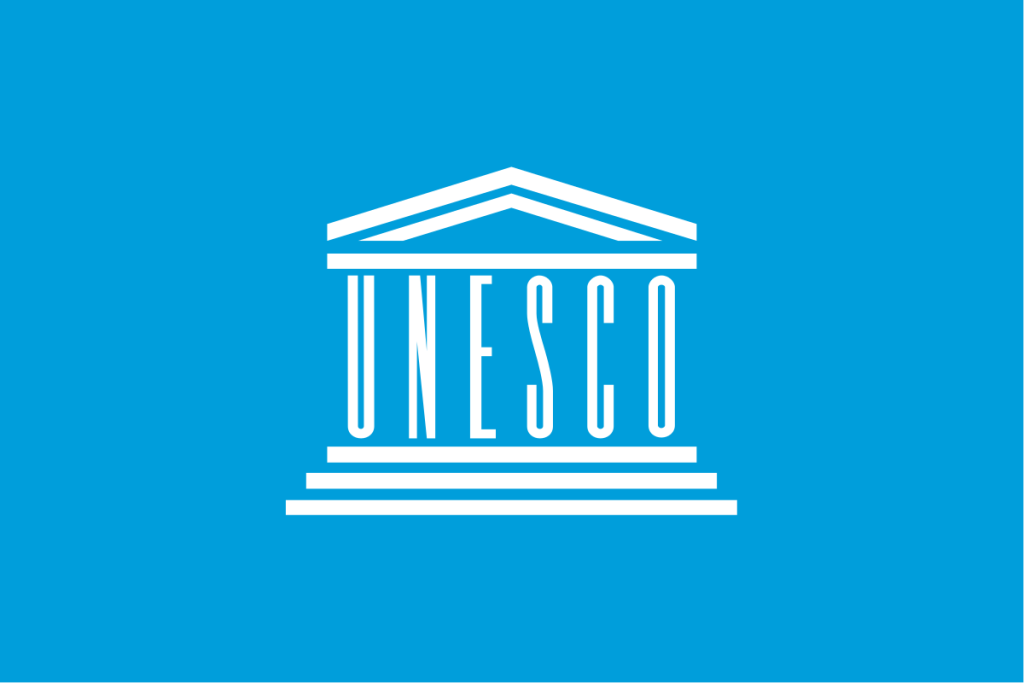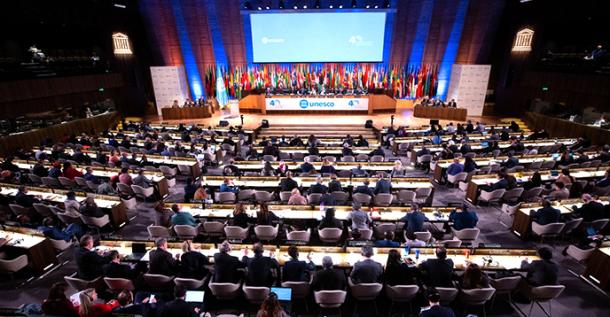The United States has officially withdrawn from UNESCO, the United Nations’ cultural and educational agency, citing alleged anti-Israel bias and a focus on what it described as divisive global agendas. The decision, confirmed on Tuesday, marks another sharp shift in US foreign policy, particularly in its engagement with international institutions.
A State Department spokesperson said the move was made because “continued involvement in UNESCO is not in the national interest of the United States.” The announcement reiterates a position initially taken by President Donald Trump, who had previously ordered a withdrawal from the agency in 2017. US membership was later restored by President Joe Biden.
State Department representative Tammy Bruce criticised UNESCO for promoting what she called “divisive social and cultural causes” and being overly committed to the United Nations’ sustainability agenda, which she characterised as a “globalist, ideological agenda.”

Bruce also condemned UNESCO’s decision to admit Palestine as a member state, calling it “highly problematic” and claiming it fuelled anti-Israel rhetoric within the organisation. This move, she argued, conflicted with longstanding US foreign policy.
Founded after World War II, UNESCO is best known for designating and safeguarding World Heritage Sites, which include globally significant cultural and natural landmarks such as the Great Barrier Reef in Australia, the Serengeti in Tanzania, the Pyramids of Egypt, and the Acropolis in Athens.
Despite its broad mandate to foster global cooperation in education, science, and culture, UNESCO has frequently been at the centre of political controversies.
This is not the first time the US has left the agency. President Ronald Reagan pulled out in the 1980s, accusing UNESCO of corruption and having a pro-Soviet bias. The US returned during the George W. Bush administration.
The latest withdrawal again raises concerns about America’s commitment to multilateral organisations and global cultural collaboration, especially in a time of increasing geopolitical tensions and ideological divisions.


 Trending
Trending 